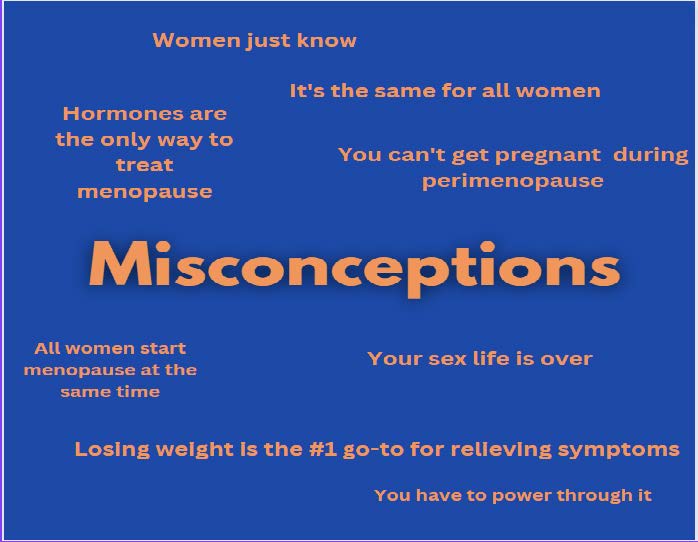When we think of Menopause, we think of a laundry list of symptoms and ailments, 34+ to be more specific. In the past, it was known as the “great suffering” by women of status (which is maybe a bit dramatic, or maybe not! It was a different time).
Thankfully with the advancement of science and medicine, we are finally getting ahead of this midlife curve…
In a positive twist, most females do not experience all 34+ symptoms during menopause! However, hot flashes alone can be enough to cause significant disruption in their life.
The most common, or the usual symptoms to experience are;
- Hot flashes
- Night sweats
- Mood changes
- Decreased Libido
And then we have the symptoms that are a little more custom to the experience. Even though many of the symptoms are shared, it is never quite the same. No two women will have the same menopause journey.
Some of the rare symptoms or less-seen symptoms are;
- Joint pain
- Itchiness, all over but specifically around the vulva
- Anxiety
- Depression
While all the above symptoms can wreak havoc on our bodies and minds, we can tackle most of these with ease or find tips and tricks to make ourselves more comfortable. Doing things like dressing lightly when going to bed at night, or adding a fan by your bedside can help to control some symptoms. Working with a coach or speaking with your MD about the emotional strain can also be helpful.
Still, there are changes that come with menopause that can fly under the radar…
The biggest and probably scariest one is increasing cardiovascular risk. You can spend your entire life being extremely cautious about how you treat your body, and when menopause arrives, it is ready to challenge you.
The drop and then loss of estrogen from the ovaries seems to trigger a constellation of events leading to increased cardiovascular risk, metabolic syndrome, central obesity, alterations in lipids, and elevated blood sugar.
But, several integral events unfold between the loss of estrogen and the emergence of metabolic syndrome…
In the end, the loss of estrogen in menopause is undeniable, and the risk of metabolic syndrome on cardiovascular health is well established. Out of this complex networking of biological occurrence, there is one controllable concept…
It is the one that gives us the most grief, but it’s also the answer to cardiovascular health in menopause.
Lifestyle change, meaning, controlling one’s diet, alcohol intake, smoking, and maintaining daily exercise. Also, do not be fooled because heart attacks are not the only threat here, cardiac arrest is linked to stress, anxiety, and depression; all symptoms of menopause.
Changing your lifestyle provides the best defense against life’s cardiovascular risks for midlife women!
For more information and direct support, reach out today through my online contact form
You can also join my private Facebook community ➝ here
